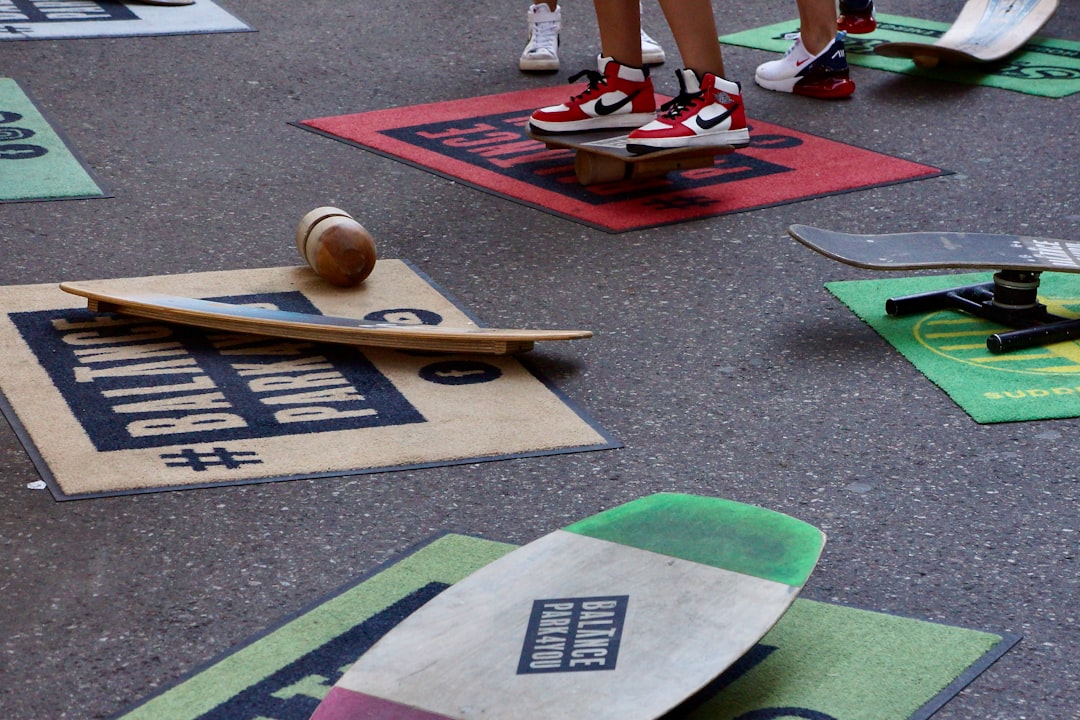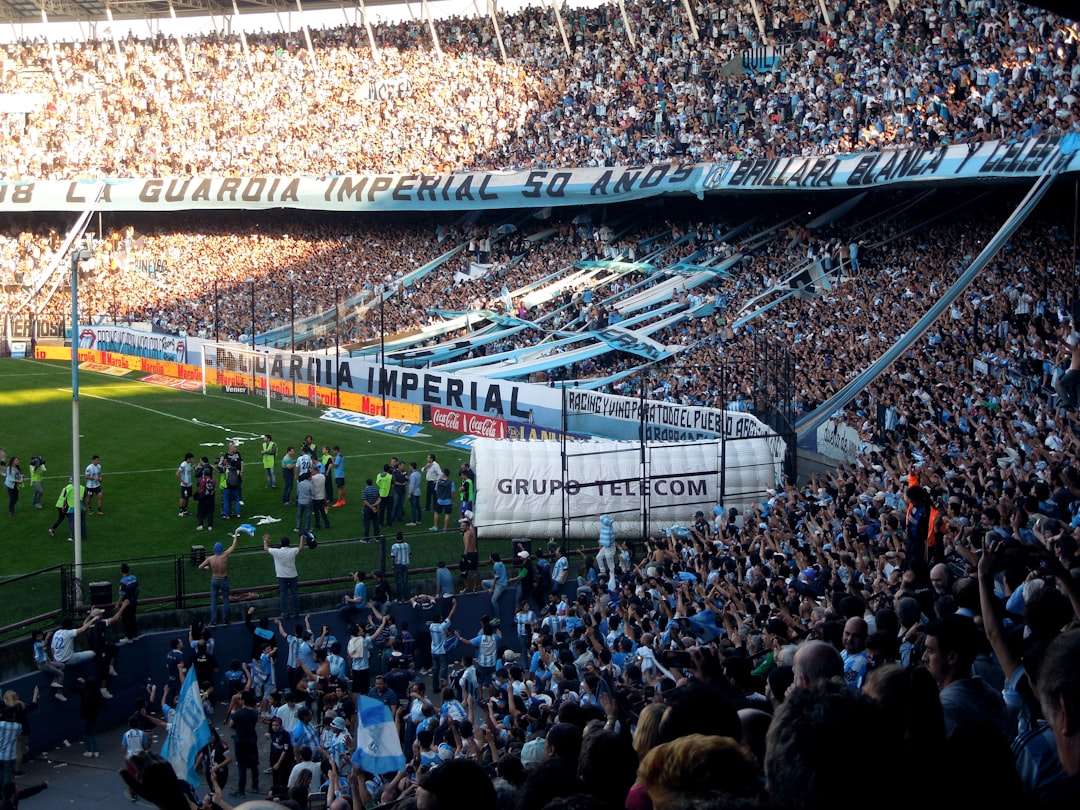For generations, cornhole—also known as bean bag toss—has been a staple at backyard barbecues, tailgate parties, and summer picnics across the United States. Its simplicity, social appeal, and casual nature have made it a beloved pastime. However, in recent years, cornhole has steadily transitioned from a fun lawn game to a professional, competitive pursuit. This shift has sparked a widely debated question: Is cornhole a real sport?
What Qualifies Something as a Sport?
Before diving into whether cornhole fits the definition of a sport, it’s useful to understand what makes any activity a sport. According to most dictionaries and sports organizations, a sport typically involves:
- Physical skill and coordination
- Competition
- Rules and regulations
- Organization and structure (such as leagues or governing bodies)
While not all activities need to be physically intense to be considered a sport—such is the case with archery, billiards, or even darts—they do require a mix of skill, competition, and structure. Let’s see how cornhole measures up.
The Competitive Evolution of Cornhole
What was once a backyard distraction has grown into a full-fledged competitive endeavor. The sport now boasts:
- National leagues and organizations: The American Cornhole League (ACL) and the American Cornhole Organization (ACO) are two leading bodies promoting standardized rules and tournaments.
- Televised tournaments: Major sports networks, including ESPN, now broadcast professional cornhole events, complete with commentators, sponsors, and analysis.
- Pro players and rankings: Much like traditional sports, cornhole has official player rankings, regulated events, and cash prizes—some exceeding thousands of dollars.
These developments clearly showcase cornhole’s transition beyond recreational play into something much more structured and competitive.

Skill, Strategy, and Precision
One might assume that tossing a bean bag into a hole is purely luck-driven. However, professional cornhole players demonstrate remarkable consistency, precision, and strategy—hallmarks of any legitimate sport. Players spend countless hours practicing their toss, mastering spin control, and learning how to block their opponents.
Key elements that demonstrate the sport’s complexity include:
- The spin of the bag – Professionals can control how the bag lands on the board or blocks the hole.
- Scoring strategy – Deciding when to play aggressively for points versus when to play defensively.
- Endurance and focus – Tournaments can last for hours, requiring mental stamina and resilience.
Just as chess is a mental sport and gymnastics is a physical marvel, cornhole strikes a unique balance of both mental and physical finesse.
Recognition and Legitimization
Cornhole has undergone numerous formal recognitions in recent years. Beyond media coverage, it is now part of multi-sport festivals, featured in casinos, and included in some collegiate-level intramural offerings. International interest is also growing, with organizations popping up in countries beyond the U.S.
The growing infrastructure is similar to sports that began with small followings but now enjoy global prominence—like skateboarding or esports.

Is It on Par with Traditional Sports?
It’s important to note that categorizing cornhole as a real sport doesn’t imply it matches the physical demands of football or the global reach of soccer. Still, many recognized sports don’t rely on high-level athleticism. Bowling, golf, poker, and curling, for example, all prioritize precision, mental focus, and strategy.
Cornhole belongs in this category of low-impact, skill-based sports. It’s accessible to people of all ages, and mastery takes much more than a few casual tosses—it requires practice, technique, and competitive stamina.
Arguments Against Cornhole as a Sport
Despite its professionalization, some remain skeptical. Common arguments include:
- “It’s too casual”: Its origins in backyard parties lead many to dismiss it as merely a pastime.
- “It lacks physical rigor”: The minimal physical demand makes it hard for some to equate cornhole with sports like basketball or soccer.
- “It’s niche”: Although growing, it doesn’t yet command widespread international legitimacy.
However, these critiques often fall flat when faced with cornhole’s expanding infrastructure and clear adherence to elements that define a sport.
Final Verdict: Is Cornhole a Real Sport?
Yes, cornhole is a real sport. It meets all the basic criteria: it requires skill, is played competitively, has a defined set of rules, and is governed by national and international bodies. While it doesn’t demand extreme physical exertion, neither do many other skill-based sports that are widely accepted.
Ultimately, the evolution of cornhole from a backyard game to a professional competitive activity signifies its legitimacy. Whether someone enjoys it casually or competes at a high level, it earns its place in the modern universe of recognized sports.
Frequently Asked Questions (FAQs)
-
Q: Do professional cornhole players exist?
A: Yes. There are professional players recognized by organizations like the ACL and ACO, and many participate in televised events with prize pools. -
Q: Is cornhole recognized by any official sports organizations?
A: Yes, cornhole is governed by bodies such as the American Cornhole League (ACL) and American Cornhole Organization (ACO), which oversee rules, rankings, and tournaments. -
Q: Is cornhole physically demanding?
A: While it doesn’t require intense physical effort, it requires coordination, precision, and stamina—especially in long matches or tournaments. -
Q: Can cornhole be played professionally?
A: Absolutely. Cornhole has a professional circuit where players earn sponsorships, cash prizes, and national recognition. -
Q: Could cornhole ever be in the Olympics?
A: While it’s not currently an Olympic sport, its increasing global interest and organized structure may one day make it a candidate for inclusion in multi-sport events.